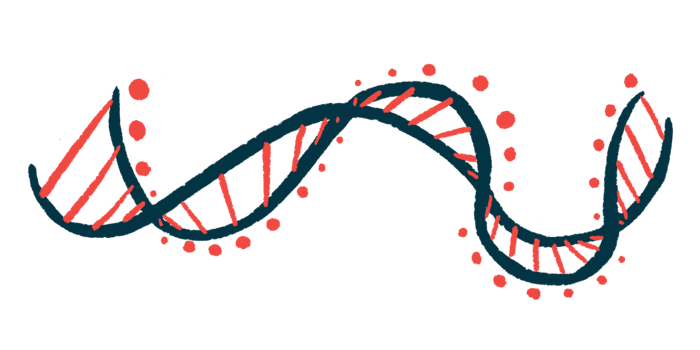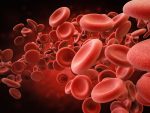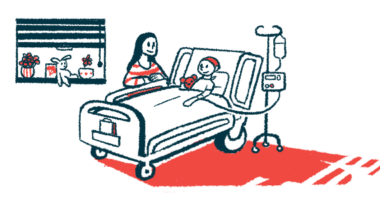Program will detect SCD-related variants in Black, African Americans
Resources will be offered for people who test positive for genetic variants

A Sickle Cell Carrier Status Awareness program has been launched to help identify people who carry genetic variants associated with sickle cell disease (SCD).
Established through a collaboration between the Sickle Cell Foundation of Georgia (SCFG), the Morehouse School of Medicine, and the human genetic testing company 23andMe, the program will offer resources for people who test positive for variants.
23andMe will provide its Health+Ancestry DNA testing kits free to students, faculty, and staff at Morehouse, a historically black medical college. The tests generate reports related to ancestral heritage and genetic variants linked to various diseases, including a carrier status report on SCD, which disproportionately affects Black people and African Americans.
“The collaboration between [Morehouse], 23andMe, and the SCFG offers the potential for impact at scale,” Herman Taylor, MD, endowed professor and director of the Cardiovascular Research Institute (CVRI) at Morehouse, said in a press release. “Working together, we have the opportunity to share scientific and health insights for diseases that impact those in the Black and African American community at higher rates, allowing individuals to address health risks early and prevent disease.”
For 23andMe, the program will widen Black and African American representation within its database to provide more equitable products, services, and research to benefit more people.
“Our goal at 23andMe is to empower people through access to their genetic data, enabling consumers to make better, more informed decisions about their health,” said Joyce Tung, vice president of research at 23andMe. “In addition to educating more people on their carrier status, genetic health risks and potential risks for family members, we believe this collaboration can contribute to more equitable research in, and product development for, groups of non-European ancestry.”
SCD is caused by mutations in the HBB gene that lead to a faulty version of hemoglobin — the oxygen-carrying protein in red blood cells — being produced. The defective protein, known as hemoglobin S, causes red blood cells to acquire a sickle-like shape, making them more susceptible to destruction and clumping.
Premature red blood cell destruction can lead to anemia, the most common symptom of SCD. Red blood cell clumping can block blood flow, resulting in painful vaso-occlusive crises, as well as other complications, such as infection, stroke, and acute chest syndrome — a serious lung condition marked by chest pain, fever, and difficulty breathing.
To develop SCD, a person must inherit two disease-causing HBB variants, one from each parent. Those who carry one variant, which is referred to as the sickle cell trait (SCT), usually don’t show any symptoms, but can pass the condition on to their children if their partner is also a HBB variant carrier. One in 13 Black or African Americans in the U.S. are variant carriers for SCD or SCT, estimates indicate.
23andMe’s Sickle Cell Anemia Carrier Status report, authorized by the U.S. Food and Drug Administration, detects faulty HBB variants tied to developing sickle cell anemia and other forms of SCD.
The report can’t determine if a person has two copies of any genetic variant, nor does it provide a diagnosis or describe the overall SCD risk of the person tested. The test doesn’t assess current health status or treatment, or measure risks to a fetus or a newborn.
While the test is most relevant to people of African descent, it can also be informative to those from the Caribbean, the Mediterranean, parts of Central and South America, the Middle East, and South Asia.







